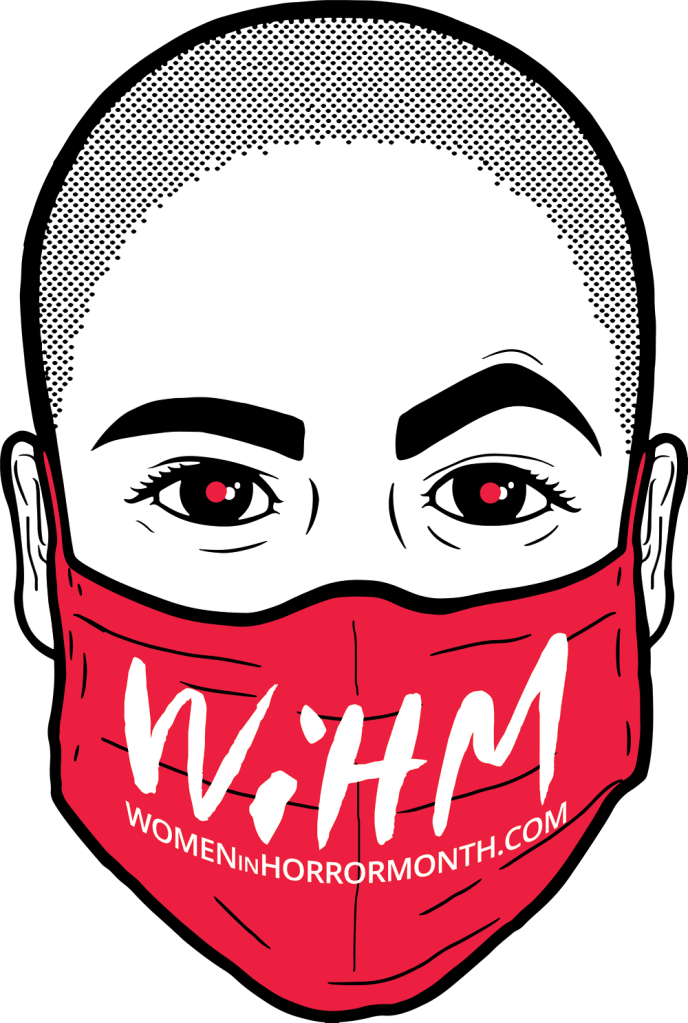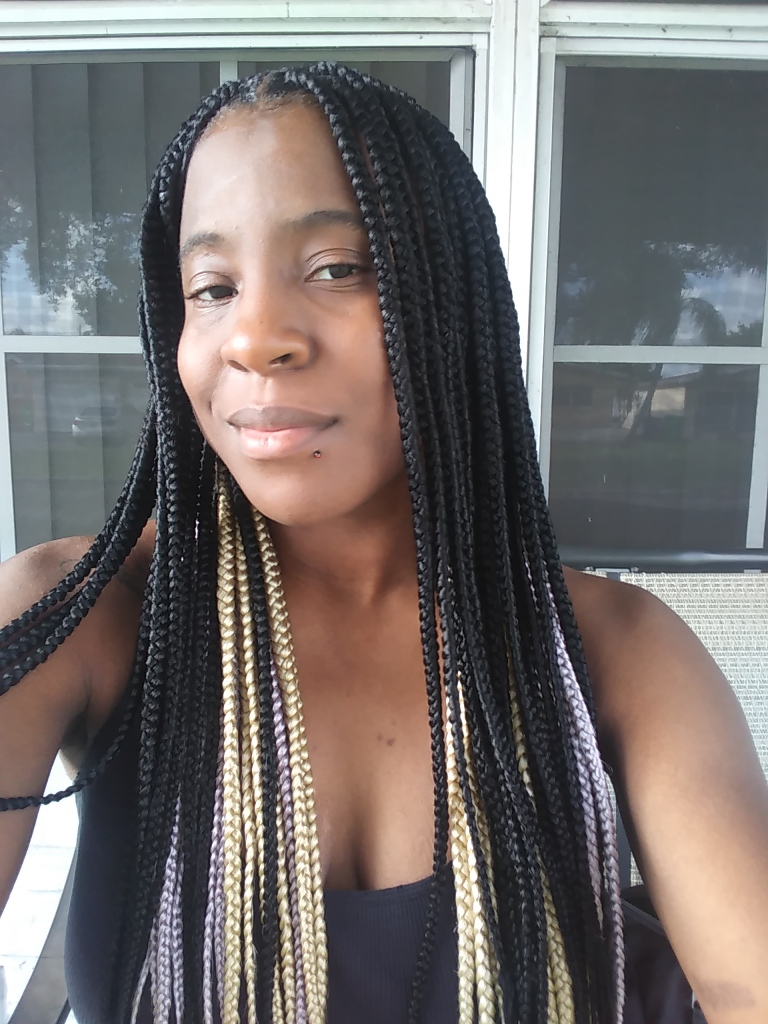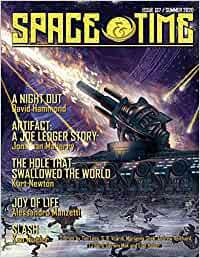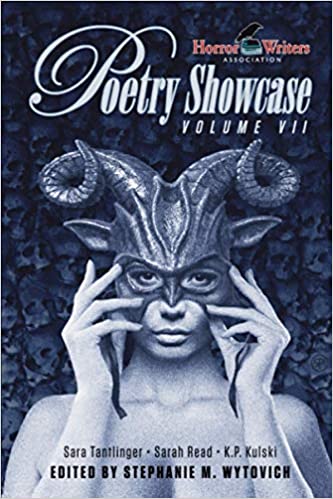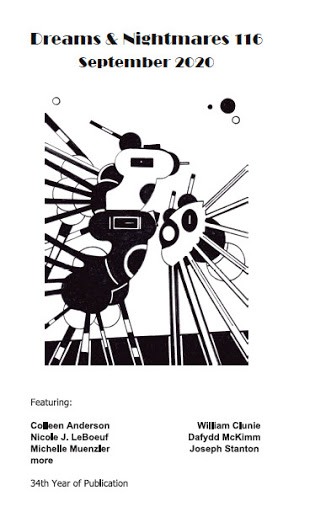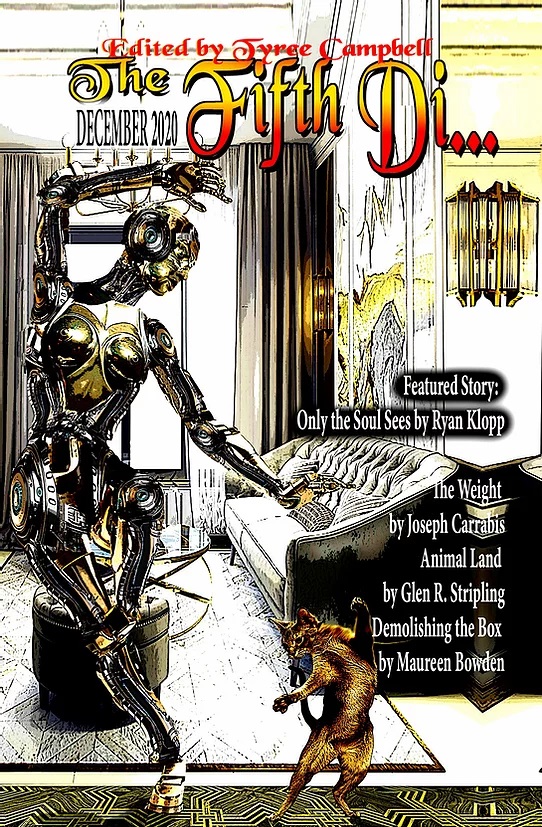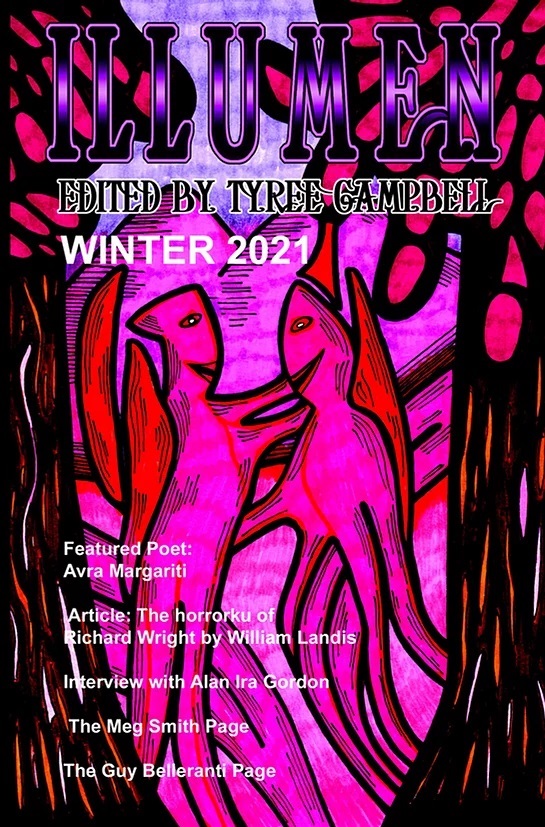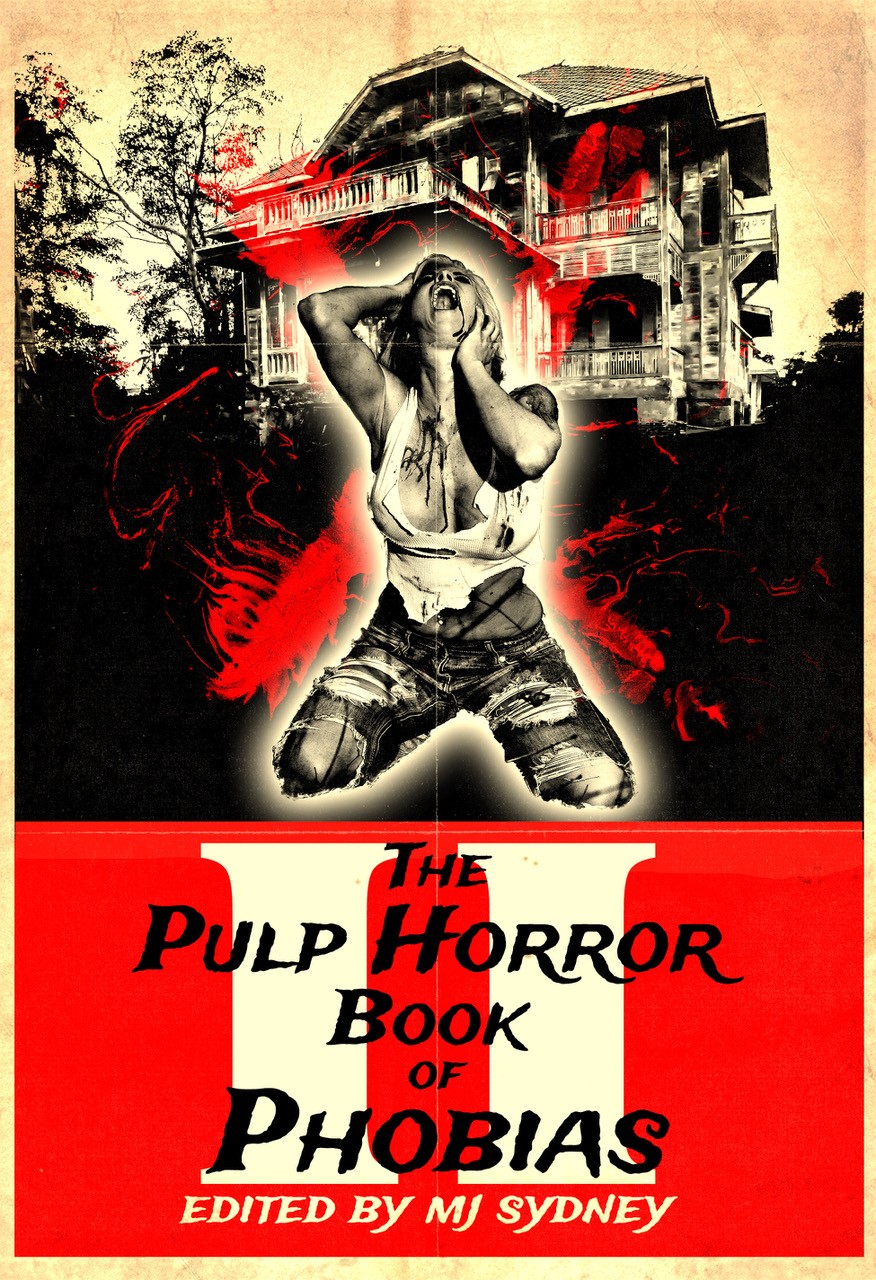Tabitha has chosen to submit some of her writing. Below are two short pieces: “Sacrifice” and “Highway 54” for readers of Women in Horror Month.
Sacrifice
It was that time of year again. My body caught the flu, which sent my mom into a cleaning frenzy. Whiffs of pine cleaner, bleach, and even her homemade disinfectant entered almost every room, letting everyone who entered know that her house was not just clean, but immaculate. I’ve always loved my mother and she was always willing to help me get better. Each day, she used just a bit of disinfectant to take all of the germs away.
From what I’ve been told, I was a happy baby. My parents had the brightest smiles in the room when I was born; but the good times didn’t last. By the time I was eight, my dad got real sick and died. Mom tried her best to make him better, but by the time the doctors helped him, it was too late. The flu they said was the cause. Since then, my mom made it a mission to keep the house clean, so we won’t end up like Dad.
Five drops here, five drops there, Mom used her disinfectant. I had become used to the smell of lavender and lemon, which was always more soothing than the pine and lemon. Mom enjoyed when I complimented her on her cleaning and creativity, so she would make my favorite soup.
Chicken noodle. Smelling the rich, warm broth fill my nostrils always made me feel instantly better before I even tasted it. Bit of carrot and potatoes to make sure that I got my vegetables, and chunks of chicken. Every gulp made me smile even more, and made Mom very happy. But one day she wasn’t as happy. She told me she just missed Dad and how she ached for his love. I knew that she missed him, which I shared too, and she promised that we’d all meet each again someday.
Mom said it had been two weeks and I was still sick. My cough was getting worse, making Mom more concerned. More soup, more cleaning. The scents became heavier, but she said she wasn’t cleaning hard enough. From two times a week to almost every day, I heard the rag in the bucket or the sink and Mom’s voice hum a tune. She said she was having another one of her “days,” so cleaning happened every hour and she started making nothing but soup for me.
Although I didn’t mind, my taste for the soup started to wane. Mom hated when I complained and said soup was going to be my only meal. I hated making her mad; it made her clean more. Gulp by gulp, the soup became almost inedible, but I had to be grateful for what I had, which included the love of my mother. After all, I was her only child. The taste of lavender hit my lips and she explained that it was a new twist on the soup to make me more relaxed; but all it did was make me cough longer. Perhaps I was allergic to lavender but all I knew was Mom’s standard five drops of disinfectant became daily capfuls of usage.
Perhaps my immune system wasn’t strong enough to fight off the cold, and I reunited with Dad. Perhaps I wasn’t Mom’s love after all, especially once Dad’s and my life insurance policy dropped into her bank account.
Highway 54
Brown teddy bear with standard stitching and right eye removed, soaked from the rain on Highway 54. It was then his life changed. It was only a few miles from where he figured that for once his life would finally come back together, but during that moment it was replaced with fear, something that he never knew until he looked into the eyes of his son. Everything except the smells were a distant memory. The smell of the air thickened in his nostrils as it happened, the smell of the rain kissed with humidity, and the smell of blood. From his lips and nose to his glass covered car seats and his son, the scent was all around him, a constant reminder of that particular moment.
As he clutched the now tattered teddy bear in his arms, he tried to forget, but it was inevitable, the final moments in the car with his son were still there, including the tiny shards of bloody glass hidden in the creases in the road. Blue and red lights were in the distance, and as they came closer, it sank in. He wanted nothing more than to have the love of his life back, their lives filled with laughter and love. Improper placement of the car seat is what he would tell the police. He had no choice, it was the only way he could keep his marriage.
Tabitha Thompson is a lover of writing words that become horror stories, reading, coffee, rock music, and video games while residing in Florida as a college student. Her work is featured in publications such as Sirens Call Publications, JEA Press, and Mocha Memoirs Press. When she’s not writing, she spends time with loved ones. Always inspired, always creating.
Twitter ID: @Tabicat90 Instagram: http://@tabby_t137

